How bad are President Obama’s poll numbers? So bad that the poll-crazed media has essentially stopped talking about them, as the Media Research Center noticed on Monday. Last week’s cataclysmic Gallup poll was given zero coverage on the Big Three networks. They scarcely bother to report their own partnership polls.
That’s quite a contrast with the way polls were used to drive news coverage of the Bush lame-duck years. The latest ABC News/Washington Post poll is entitled “Obama Hits a New Low for Leadership, With Criticism on ISIS & Immigration Alike.” Imagine the kind of narrative that would be hung around a Republican president’s neck with polling like that. Instead, the media alternates between hoping for a Comeback Kid moment, and arguing with the voters over their unfair impressions of The Precious. Don’t you know presidents are always in touch, even when they’re on the golf course? What could any President do better to deal with ISIS?
What’s interesting about the most recent round of polling is that Obama is underwater on nearly every issue, even as Congress hits major lows right behind him. This is an indication of both general unhappiness with the system, and the level of sheer divisiveness we’ve grown accustomed to in the Obama years. He’s deliberately divisive, constantly setting groups of Americans at each other’s throats. The government he presides over is never at fault for anything, and of course Obama himself has never taken responsibility for a single event during the past six years. Various private-sector villains and nefarious Republicans are behind everything that goes wrong. Obama’s proposed solutions invariably involve making the government larger, richer, and more powerful… which sounds less and less appealing to a public that has watched one titanic Big Government disaster after another roll past in an avalanche of failure.
The ABC/WaPo poll specifically hits both Obama and congressional Republicans for divisiveness: “While Americans by 55-38 percent say Obama has done more to divide than to unite the country, that expands to a 63-27 percent negative view of the Republicans in Congress on the same question.”
I doubt most of those poll respondents could name a single congressional Republican except for their own representatives, and quite a few of them wouldn’t even be able to name either of their senators. There’s no Republican figure who has the potential to be either as divisive, or as uniting, as the President of the United States. I would also note that Republicans generally take great pains to avoid divisive attacks on the other party’s voters, while Democrats feel free to rail against “teabaggers” and “the Religious Right” and so forth. Even on the hot-button issue of immigration, most Republicans bend over backwards to sing the praises of legal immigrants; they’re haunted by the crushing fear they might say something that could be construed as offensive to the Latino vote.
The sense of congressional “divisiveness” comes entirely from endless media denunciations of “gridlock” and “partisan squabbling.” That’s another way of saying that Big Government is inherently divisive. What is given to some must first be taken from others. Legislation that supposedly represents the “will of the majority” must be imposed upon a dissenting minority. No debate can end with a jovial agreement to disagree – it’s got to end with a clear victor wielding compulsive power against the losers. The cherished American ideal of just powers derived from the consent of the governed is neutralized when inescapable federal power leaves those who disagree with no practical means of withdrawing their consent. Competitors become enemies. The quest for unity comes at the expense of harmony.
Which should we prefer: unity or harmony? Since it’s very rare for an overwhelming majority of the people in a large, diverse nation to agree on anything, we can’t have both. Unity must be manufactured, and enforced. The Founding Fathers were very concerned about this, writing at length against mob rule and the tyranny of the majority. Even when something approaching a united decision is reached by the bulk of our massive national electorate, there’s no guarantee such a consensus will endure… but centralized government power is all about chiseling “consensus” in the stone of obligations and dependency. We don’t get to change our minds later. That’s too inconvenient to the enormous power structure that grows around everything the central State does, and it’s unacceptable to the constituencies that build around every big program. They don’t go away when a later generation of voters decides the program was a bad idea. We’re still dealing with quite a few programs that date from World War II, and even World War I.
The growing emphasis on the executive is an inevitable aspect of centralizing power. That’s where the laments about “gridlock” come from. Power wants to be used, and money wants to be spent. The media culture is extremely impatient with long political battles that don’t end in historic legislation or titanic expenditures of public money. They want the Washington drama to remain exciting and keep moving forward. They want to chronicle the deeds of titans, not the squabbles between representatives from flyover country. An imperial President with a rubber-stamp legislature is more to their taste than a balanced separation of powers.
The executive is much more excited about claiming new powers than the legislature is about defending them. This is partially due to partisan loyalty from the President’s caucus – Democrats have little appetite to fight Barack Obama over scraps of congressional power. It’s partially due to the media landscape that makes “doing nothing” the worst sin on Capitol Hill. And let’s be honest: there are times when Republicans are only too happy to let a Democrat President take powers they find politically inconvenient. They’re not exactly tripping over themselves to hold votes on going to war against ISIS, are they?
The punch line is that an imperial President presiding over a mighty centralized government is not a unifying figure. Far from it. He has no need to obtain any towering consensus from the American people. He’ll never get it, and he’d be foolish to try – he’ll end up blowing his political capital on doomed efforts to win over constituencies that will never support him. No, the path to victory for the imperial executive is Obama’s path: divide and conquer. He needs to cobble together winning coalitions, not persuade the majority of Americans to support him. He’s got a lot of money and power available to put those coalitions together. He doesn’t even need to hit some magical 51 percent level of support to do what he wants. He only needs a combination of enthusiastic support and apathetic or cowed resistance. At worst, he’s just trying to keep 51 percent of the people from coming together in sustained opposition to his agenda.
Barack Obama is unique because he cynically embraced his role as the piecemeal president, coldly sizing up levels of support and opposition with a community organizer’s eye. He understands that the powerful inertia of Big Government makes its growth difficult to stop. He’s usually pretty good at estimating how much vote-buying and opposition-suppressing he needs to do, which makes it remarkable when his calculations are way off, as in the case of immigration reform. He’s shell-shocked by the way that game has played out, because he grievously underestimated how strongly the American people would oppose amnesty and insist on border security. He had his friends and enemies all picked out, but the public arrived on the political battlefield in a significantly different configuration. The President was left complaining about the need to “get his ducks in a row,” a remarkable concession of political error from someone who had years to get those ducks in formation. He never saw his amnesty program as something the country needed to unite behind – on the contrary, delaying his executive orders until after the November election is a clear indication Obama doesn’t think the American people should be permitted to vote on the matter. Amnesty is something the piecemeal president means to impose on us, so his political calculations were all about lining up camera-ready supporters and marginalizing the opposition.
It’s always going to work that way under centralized government with a strongman leader who consumes most of the Beltway media oxygen. It’s always going to be about what this group must sacrifice, so that group can get what it “deserves.” It’s always going to be about creating vacuums of public distrust and anger, into which power can flow. Big Government is inherently divisive, just as it is inherently corrupt.


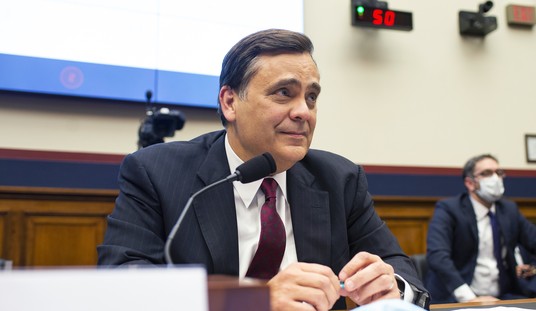

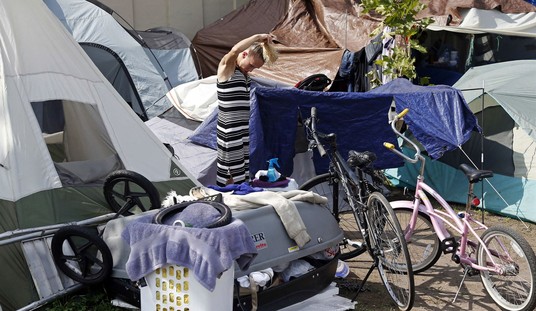
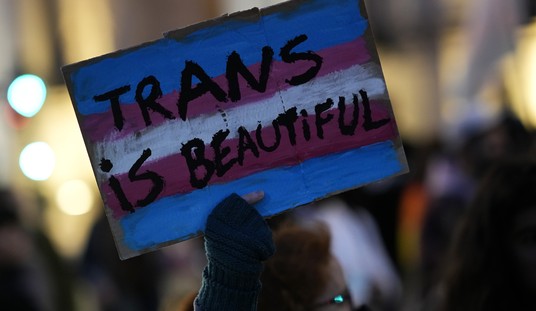
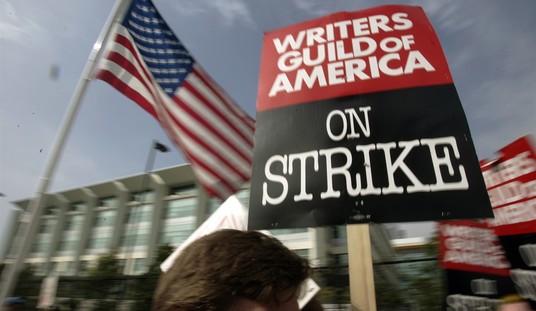


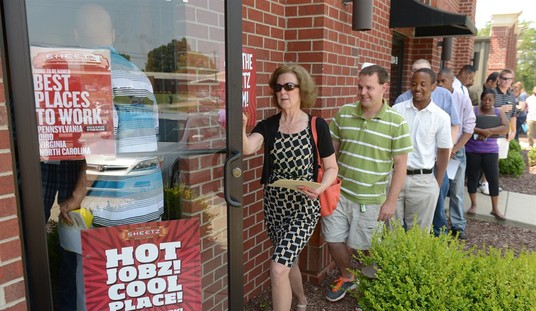
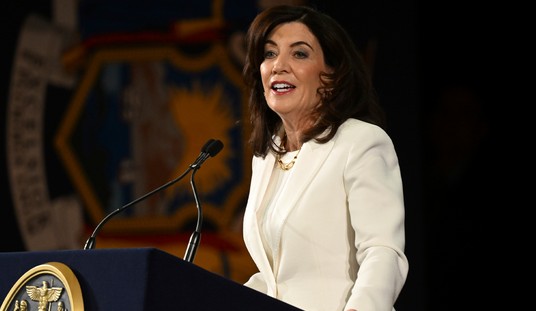

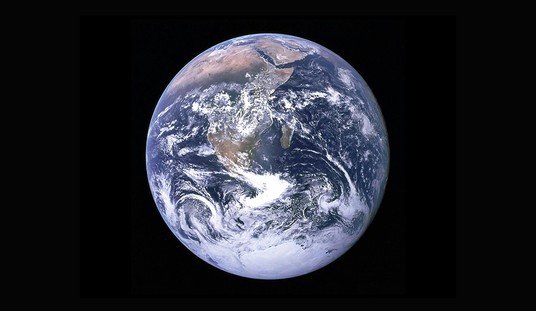
Join the conversation as a VIP Member